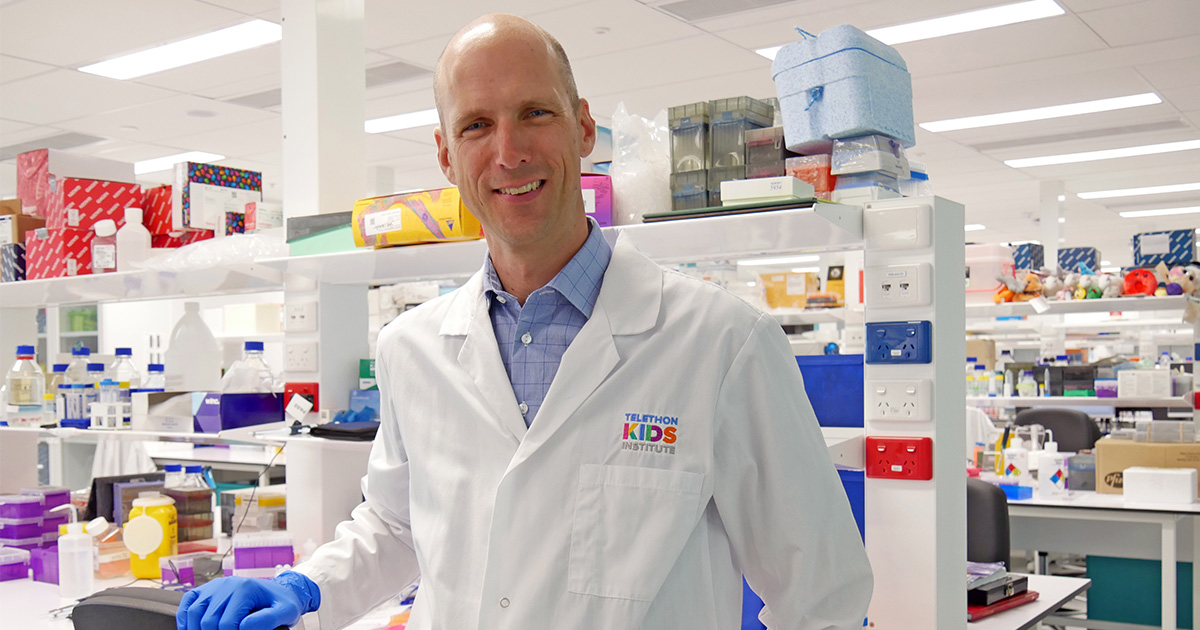Search
Research
Home-based multidisciplinary interventions on skin adverse reactions in EGFR-The Kids-treated patients with lung cancer: a protocol for a randomised controlled trialHere, we provide a feasible, well-designed protocol of a randomised controlled trial for the assessment of the effects of a home-based multidisciplinary intervention on the severity of skin adverse drug reactions and health-related indicators in patients with non-small cell lung cancer (NSCLC) under epidermal growth factor receptor tyrosine kinase inhibitor (EGFR-The Kids) therapy.
Research
National brain tumour registry: a new era of research collaboration with ChinaCancer continues to be a leading cause of death globally. However, there remains a significant disparity in the reported incidence of cancer in developed countries, estimated to be 295.3 cases per 100,000 people, compared with only 115.7 in developing countries. Some of the reasons for this variation include lack of robust data collection with limited reporting systems, and insufficient data availability in the registries of these developing nations.
Research
Activation of Hedgehog signaling by the oncogenic RELA fusion reveals a primary cilia-dependent vulnerability in supratentorial ependymomaSupratentorial RELA fusion (ST-RELA) ependymomas (EPNs) are resistant tumors without an approved chemotherapeutic treatment. Unfortunately, the molecular mechanisms that lead to chemoresistance traits of ST-RELA remain elusive. The aim of this study was to assess RELA fusion-dependent signaling modules, specifically the role of the Hedgehog (Hh) pathway as a novel targetable vulnerability in ST-RELA.
Research
Glutamine Deprivation Synergizes the Anticancer Effects of Cold Atmospheric Plasma on Esophageal Cancer CellsEsophageal cancer is a highly aggressive malignancy with a low response to standard anti-cancer therapies. There is an unmet need to develop new therapeutic strategies to improve the clinical outcomes of current treatments. Cold atmospheric plasma (CAP) is a promising approach for cancer treatment, and has displayed anticancer efficacy in multiple preclinical models. Recent studies have shown that the efficacy of CAP is positively correlated with intracellular reactive oxygen species (ROS) levels.
Research
Protocol of DREAM3R: DuRvalumab with chEmotherapy as first-line treAtment in advanced pleural Mesothelioma-a phase 3 randomised trialThere is a strong theoretical rationale for combining checkpoint blockade with cytotoxic chemotherapy in pleural mesothelioma and other cancers.
Research
The Bone Marrow Microenvironment in B-Cell Development and MalignancyB lymphopoiesis is characterized by progressive loss of multipotent potential in hematopoi-etic stem cells, followed by commitment to differentiate into B cells, which mediate the humoral response of the adaptive immune system.
Research
Methotrexate-related central neurotoxicity: clinical characteristics, risk factors and genome-wide association study in children treated for acute lymphoblastic leukemiaSymptomatic methotrexate-related central neurotoxicity (MTX neurotoxicity) is a severe toxicity experienced during acute lymphoblastic leukemia (ALL) therapy with potential long-term neurologic complications. Risk factors and long-term outcomes require further study.
Research
Incidence and survival for childhood central nervous system tumours in Australia, 1983–2016To investigate incidence and survival of childhood tumours of the central nervous system (CNS) by histological subtype, tumour behaviour and tumour grade. Methods: National, population-based data on all children under 15 years old diagnosed with a CNS tumour between 1983 and 2016 were sourced from the Australian Childhood Cancer Registry. Incidence rate trends were calculated using Joinpoint regression.
News & Events
Ependymoma Awareness DayEthan was not even two when he was diagnosed with a rare type of brain tumour known as an ependymoma.

News & Events
WA-based cancer pharmaceutical start-up secures CUREator fundingResearchers dedicated to developing the first cancer immunotherapy tablet have been boosted by a $374,000 CUREator top-up funding grant.
